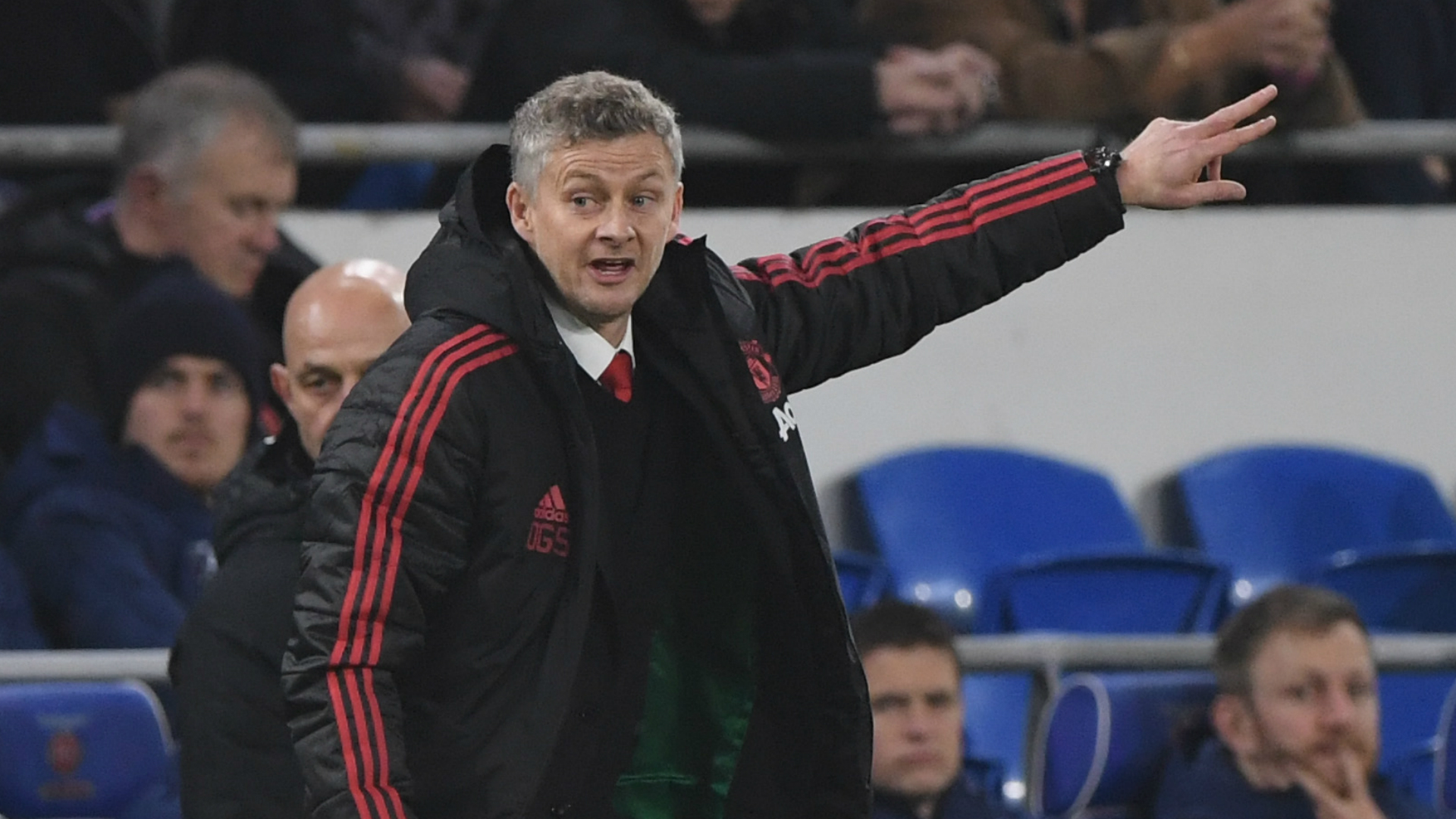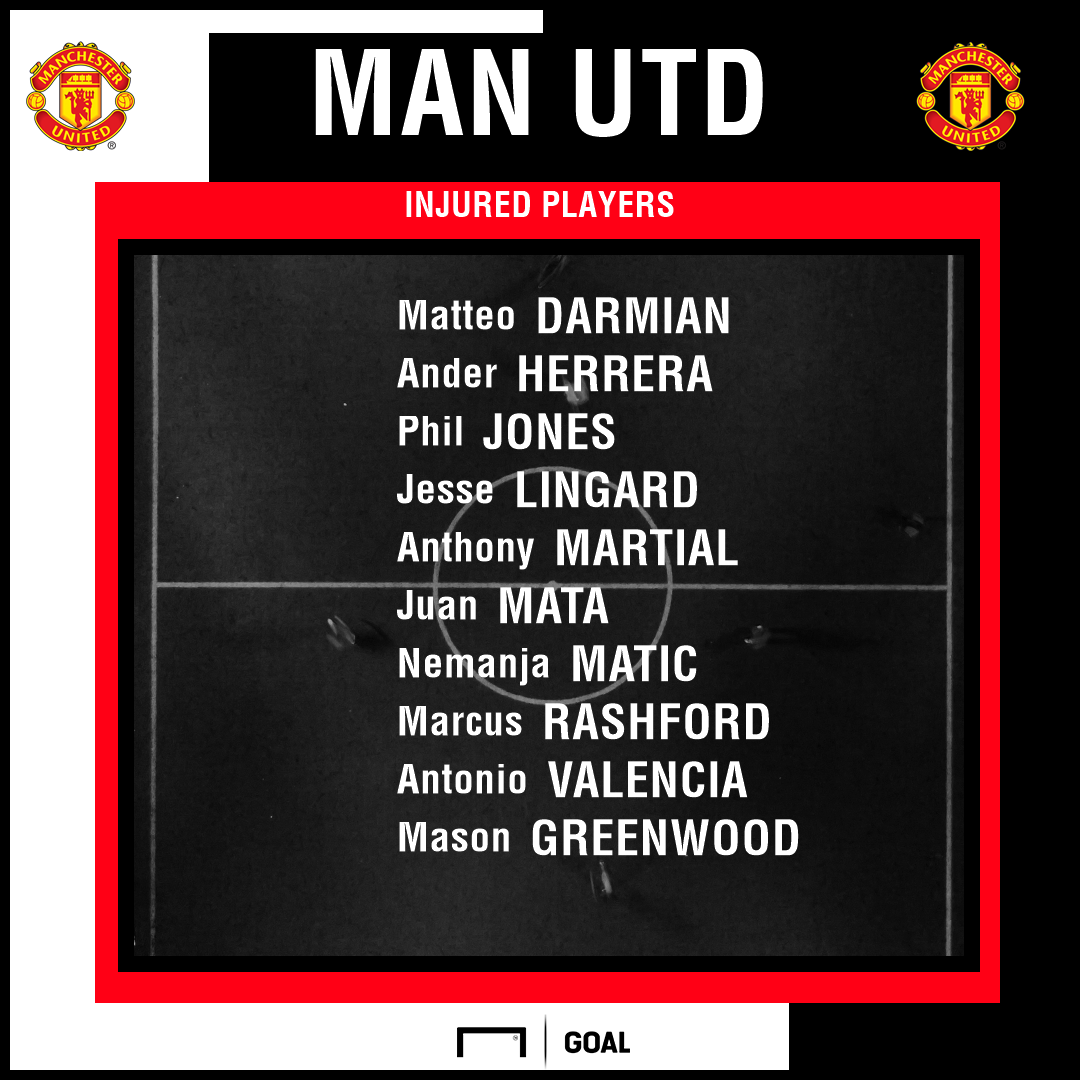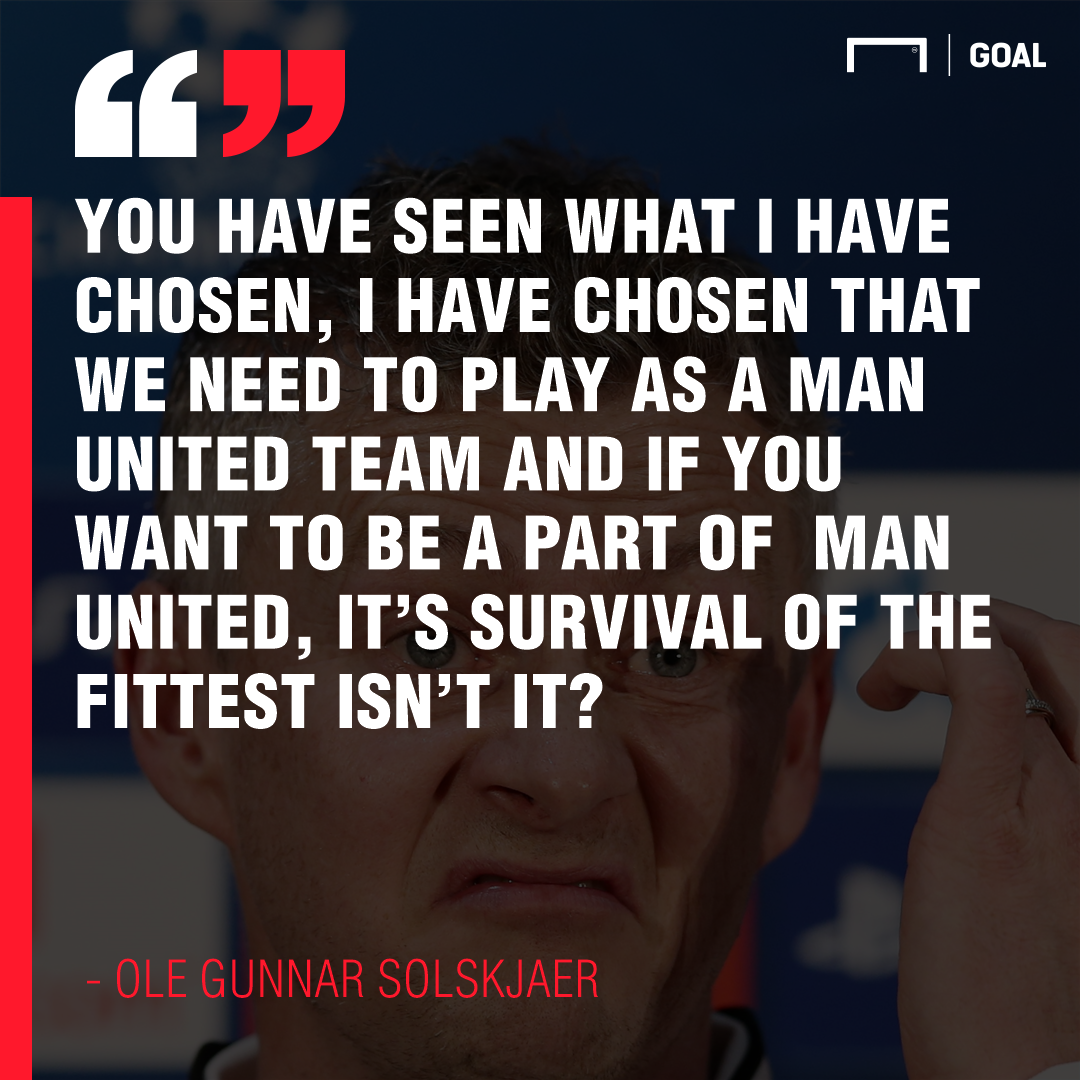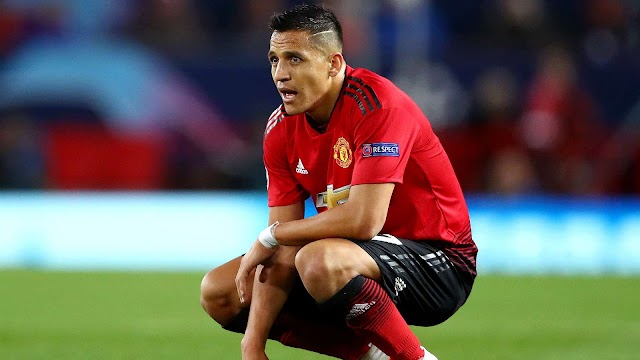“My injury record is very low,” boasted Jose Mourinho on the day he was unveiled as Manchester United manager in July 2016. “So I never promote because of a need. I did it because of conviction and decision.”
In defending claims that he never gives chances to young players, Mourinho gave a nod to a problem which is currently hanging over Manchester United barely a couple of months after the Portuguese’s departure.
His successor, Ole Gunnar Solskjaer, is currently wrestling with the loss of 10 players from his first-team squad due to injury ahead of Wednesday’s visit to Crystal Palace. It is the worst medical crisis United have faced since the season before Mourinho’s arrival, when Louis van Gaal was shorn of 14 senior stars due to injury at a similar time of the campaign.
But far from adding weight to Mourinho’s argument, the present crisis has seemingly come about in large part due to the sacked boss’ tactical approach during his two-and-a-half years at Old Trafford.
Under Mourinho, United had embarrassingly low returns for distance covered in the Premier League, with their 4023.4 kilometres in 2016-17 ranking worst in the division and last season’s 4099.8km placing them 19th out of 20.
And following his departure, caretaker-boss Solskjaer warned that he would be expecting a more energetic mindset on the pitch.
“One of the things I talked about today is that a Manchester United team should never ever be outworked,” he said after the 5-1 win at Cardiff in his first game in charge. “It doesn’t matter what team you play, you should run more than them and then your skills will give you a chance of winning.
“I said the same to these lads as I do back home in Molde: ‘Just work harder than them, enjoy yourselves, pass it forward, run forward, if you lose the ball I don’t mind, as long as you work to win it back.’”


The Norwegian’s return of 11 wins, two draws and just a Champions League defeat to Paris Saint-Germain in 14 matches has more than justified the changes he has made. But the recent losses of Nemanja Matic, Anthony Martial, Jesse Lingard, Antonio Valencia, Ander Herrera and Juan Mata due to muscle injuries have led some to believe that Solskjaer’s approach has asked too much of his players.
Whereas United averaged 98 sprints per game in the 17 games under Mourinho in the league this season, they have upped that to 108.6 per game in Solskjaer’s 10 Premier League matches. Yet the former centre-forward is right not to compromise in the quest for better returns in the win column.
“It’s probably linked, yes, because when do you make that change?” he mused when questioned on Tuesday on the higher standards he has employed. “Do you wait until pre-season and think you will change results by just not asking them to run, or do we start now and show them what the demands of intensity are and how we want to play?
“Well you have seen what I have chosen, I have chosen that we need to play as a Man United team and if you want to be a part of Man United, it’s survival of the fittest isn’t it?”

The more thrilling football dished up at Old Trafford over the past 10 weeks has certainly come at a cost, but the fact that United’s players have not been physically prepared for the kind of high-intensity games that are common in the Premier League should go down as a black mark not against Solskjaer’s name but alongside that of Mourinho.
What other options did Solskjaer have open to him? As he says, he could have sent the players out with the same stultifying tactics as Mourinho until such time as he had been able to put his squad through a more intense physical regime, but that would more than likely have led to the same disappointing results and disaffected air around Carrington.
He has been entirely right in increasing the demands on the players and appears prepared to deal with the consequences, calling up promising youngsters Tahith Chong, Jimmy Garner and Angel Gomes for Wednesday night’s game at Selhurst Park.
It will undoubtedly take a full pre-season to put the players through the kind of paces which will make them the feared attacking threat of old again, without widespread injuries being a natural consequence, but the very fact that such a change in emphasis has resulted so quickly in a worrying trend of muscular problems does not reflect well on Mourinho.
It just goes to show how far off the pace United were during his tenure, and also underlines the different standards Manchester United should be demanding compared to those Mourinho had put in place for his forgettable 30-month spell in charge.
He was right about one thing: his injury record is very low. But maybe that’s because his default setting is to always play far too safe.
Any United fan would gladly take Solskjaer’s more risk-taking, thrill-seeking football, whatever the medical fall-out may be in the short term.



0 Comments